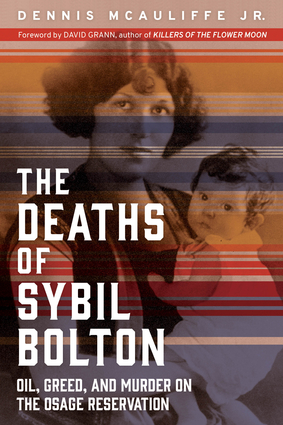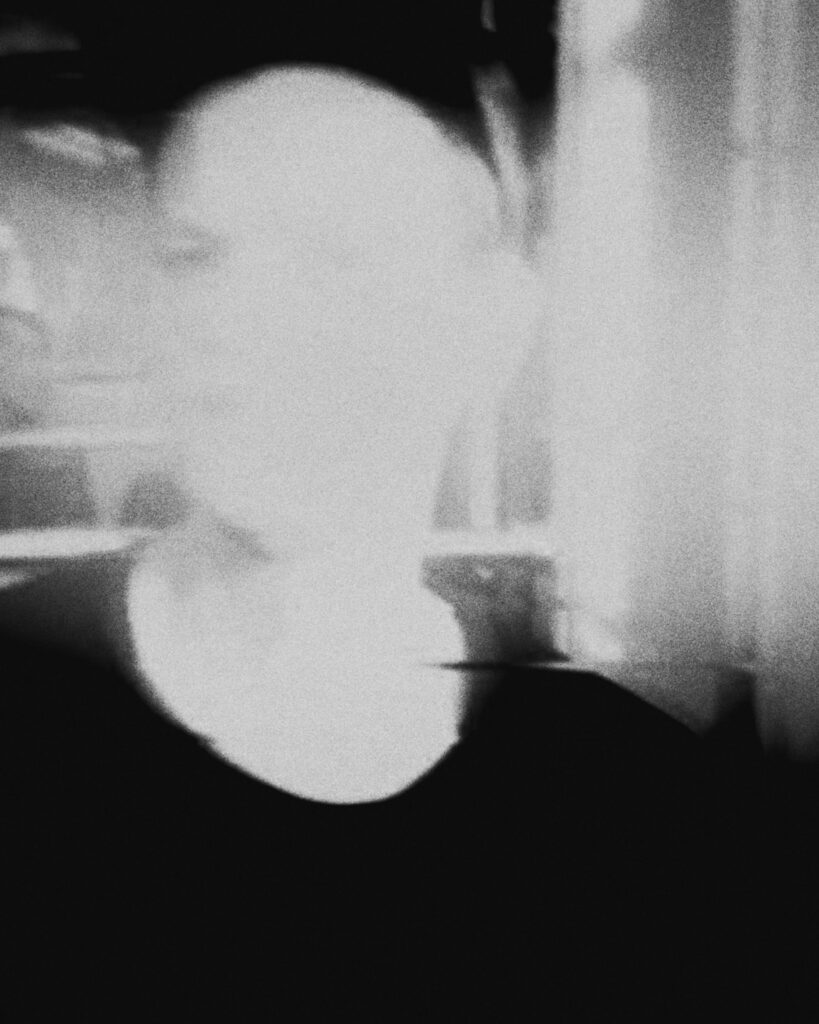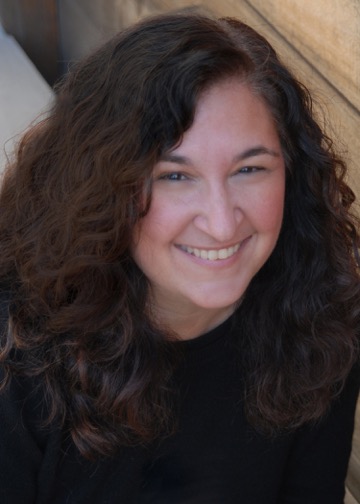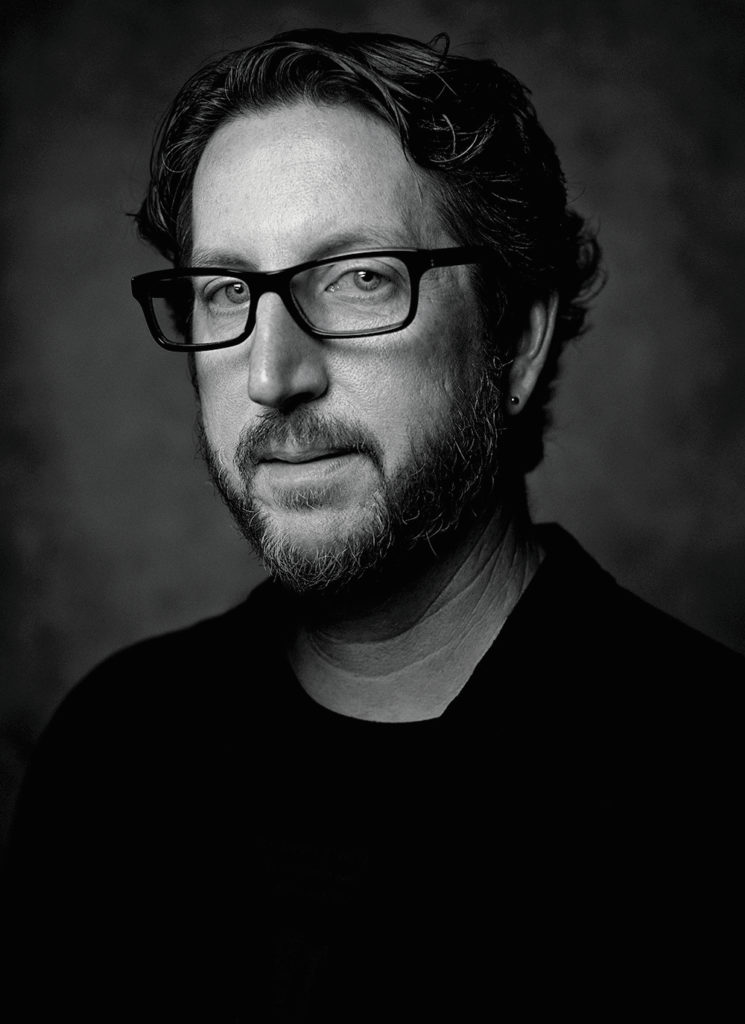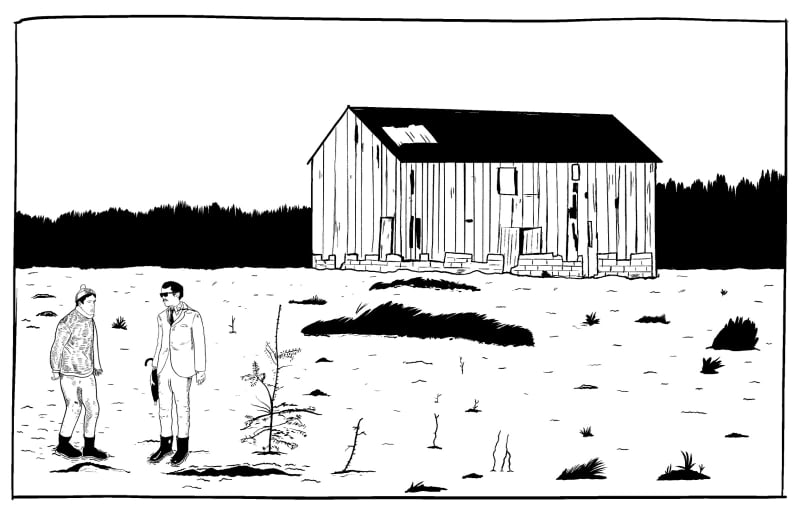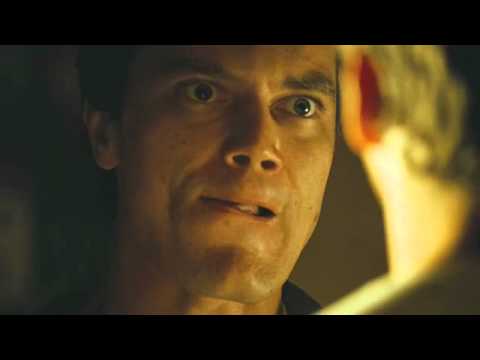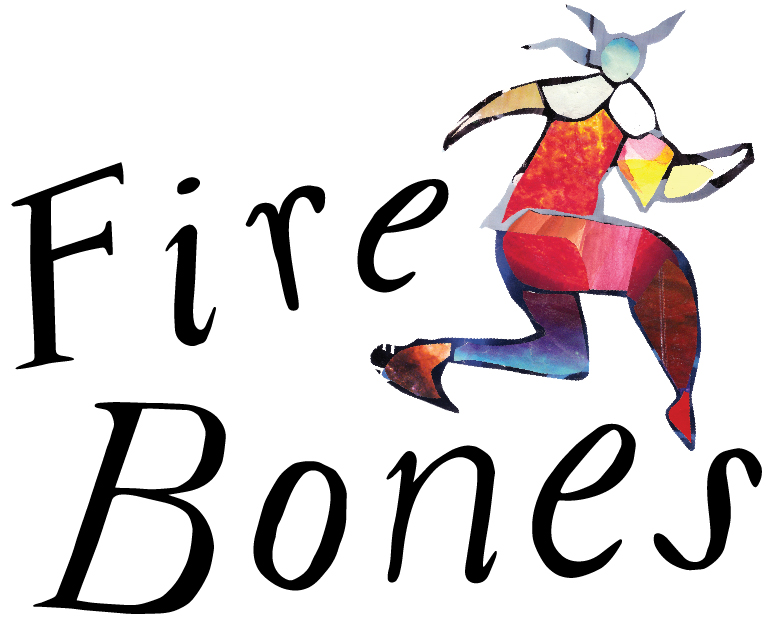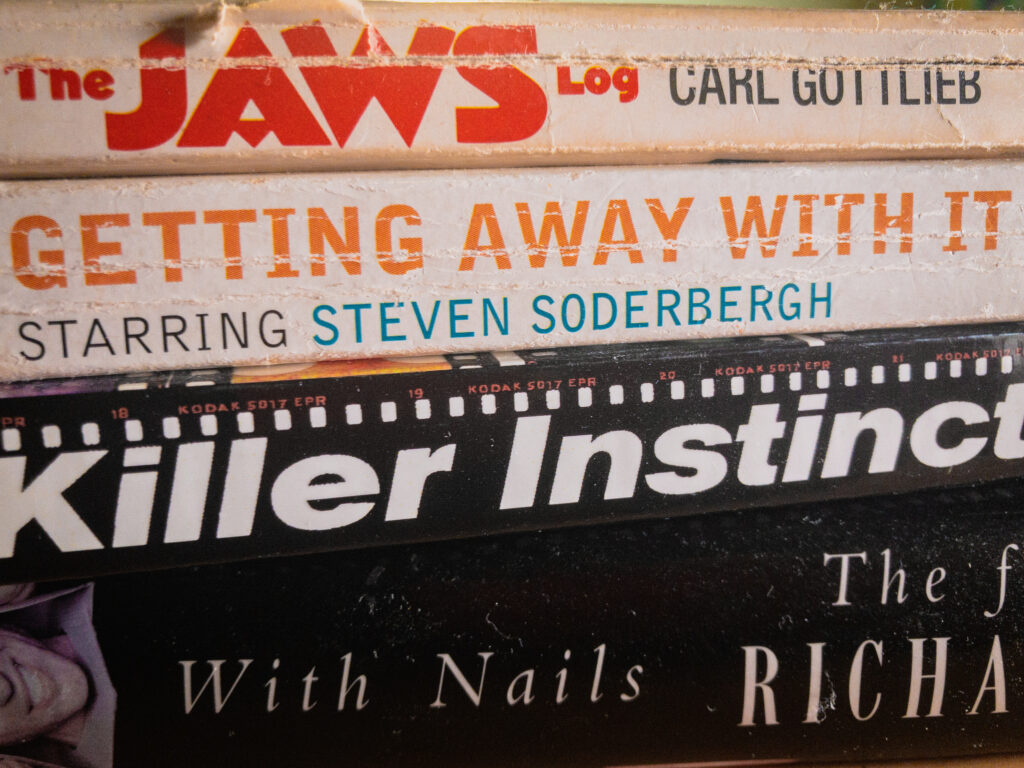
My new novel, Sleeping With Friends, asks what would happen if memories of film watching were to become the only thing an amnesiac woman has left. And what if the film memories can reveal to her who among her friends has tried to kill her?
Combining film and the printed word is usually considered an act of crossing the streams. It’s true for the most part—the mediums are vastly different in what they require from language. The novelist struggles to write a raindrop in words. A screenwriter will likely be fired if they get more detailed than “It’s raining.” Reading is active. Watching is passive. Or is it that simple?

